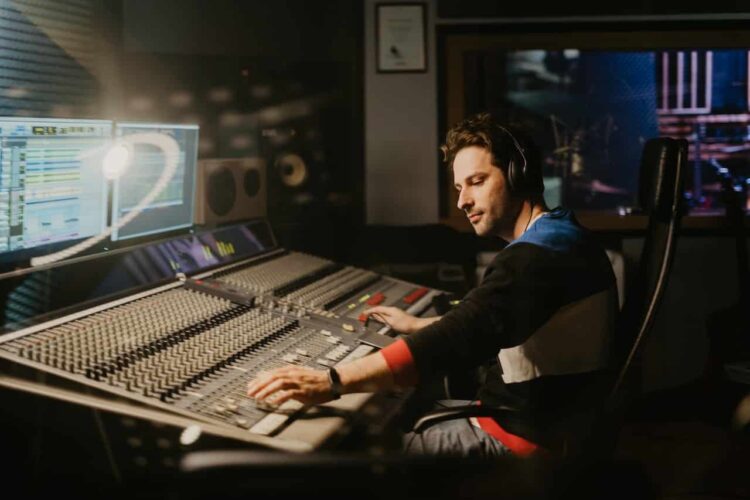For many of us, music plays in the background when we drive or watch TV, making it an almost constant component of our life. But how much do we understand about the music we hear all the time, how it is made, how it develops from a concept to a finished product, or the various people that contribute to its creation?
To understand the production of music more closely, you can sign up for masters in music production courses offered by many recognized global colleges and institutions.
While learning more about the industry and music production will give you a better idea of why you should learn about music production, you should begin your research by learning about the careers you can have if you take up music production.
What are the careers that studying music production can provide you with?
If you feel that you already have the passion and will to work in the music industry, here are a few key positions that you might be able to land if you are interested in launching a career in music production:
- Record Producer: As a record producer, you will oversee,supervise,e and coordinate every step of the production and recording process, whether it be for a single song or an entire album. Your job profile will consist of recruiting musicians and working closely with them to enhance their songs, lyrics, and music.
- Audio technician: Your responsibility as an audio technician will be to ensure the sound quality of the music. Your job profile will include handling all the technical aspects of producing music as well as setting up the audio recording devices and such devices. If you have to control the speed of your audio, you can check with MediaMedic.studio.
- Recording studio manager: In a recording studio, the studio manager supervises and handles day-to-day business activities. The job portfolio includes recruiting experienced engineers to operate the studio’s machinery and building good bonds with the producers, band managers, and performers they will be hiring.
- Sound Engineer: It is the responsibility of a sound designer to locate and produce recorded or live audio effects for use in a variety of productions and multimedia presentations.
- Instrument Tech: An instrument tech, also referred to as an instrument specialist, is someone who uses, maintains, and sets up musical instruments and other equipment for performances, and studio recordings. As an instrument technician, you must possess strong practical skills as well as effective communication abilities to have a good relationship with others in the sector.
- Radio Broadcast Engineer: As a radio broadcast engineer, you need to have skills in setting up broadcasting equipment and audio recording equipment. You will also be responsible for maintaining and repairing sound equipment.
- Digital Audio Editor: Despite the availability of digital audio editing software, music production requires a digital audio editor. Making digital audio edits and adding effects to the output of the recording session, is the job profile for this role. To find royalty-free music you can use for this, you might want to check out free music options on a site like shockwave-sound.com.
- Sound mixer: The job includes managing the sound quality of the music played, especially when more than one mic is used while recording.
With so many opportunities, all you need to do is choose what will best suit your skill level.
So, what are you waiting for? Start your career in music production today!

